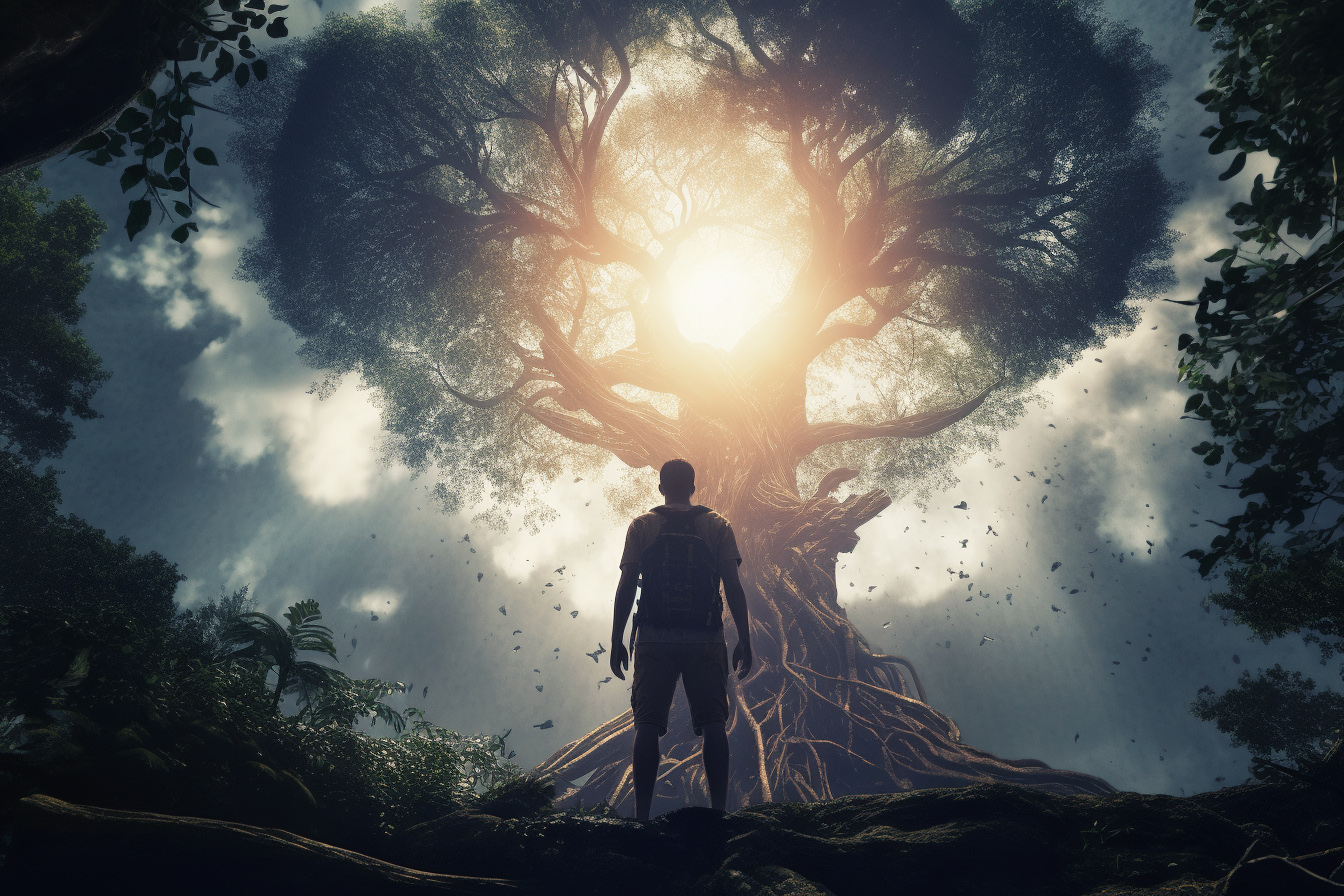Wisdom, a timeless companion, is a guiding force that continually shapes destinies. It originates from innumerable sources—diverse cultures, profound literature, and distinguished individuals who have indelibly influenced the fabric of humanity. Packed with transformative power, wisdom can catalyze significant life-altering change. This exploration delves deeper into three distinct pieces of wisdom from an ancient Chinese proverb, a philosopher’s insightful thoughts, and a pioneering scientist’s groundbreaking theories. Each quote harbors a potential reservoir for personal growth and enlightenment. The aim of this article is not only to dissect these thought-provoking statements but also to provide actionable insights into their practical implementation. By doing so, we could potentially carve out a path toward a more fulfilling and successful life.
The Best Time to Plant a Tree was 20 Years Ago. The Second Best Time is Now – Chinese Proverb
In its stark simplicity, this timeless Chinese proverb encapsulates a profound message about time and action. Time, an unstoppable force, perpetually propels us forward. In its unending passage, countless opportunities may seem to pass by fleetingly. The real danger lies not in these missed opportunities but in consistent inaction. Procrastination, a formidable enemy of progress, can severely stagnate personal growth. The key to overcoming it lies in our ability to seize the present moment and act decisively.
Take the example of Susan Boyle, who achieved worldwide fame at age 47 on the reality show “Britain’s Got Talent.” Her journey exemplifies that chasing your dreams and making them a reality is never too late. Similarly, consider individuals who switch careers later in life, perhaps in their 40s or 50s, and still attain substantial success. Fitness enthusiasts who embark on their health journey later in life also echo this proverb’s sentiment. The wisdom here is clear and universal: It’s never too late to start; take action now. Regardless of the circumstances, today presents the perfect opportunity to plant your metaphorical tree.
He Who Knows Others is Wise; He Who Knows Himself is Enlightened – Lao Tzu
The revered ancient Chinese philosopher Lao Tzu drew a poignant distinction between wisdom and enlightenment. Understanding others, he suggested, imbues one with wisdom. It’s a valuable trait that fuels empathetic connections and promotes harmonious interpersonal relationships. However, he set a higher threshold for enlightenment: self-awareness. Genuinely knowing oneself—understanding one’s strengths, weaknesses, desires, and fears—culminates in enlightenment, a state of deep, authentic self-understanding.
Steve Jobs serves as a fitting example of someone who demonstrated this wisdom. Jobs not only knew how to understand and predict consumer behavior (knowing others), but he was also profoundly aware of his strengths and limitations (knowing himself). Another example is Oprah Winfrey, who, through understanding others, has created a global media empire. At the same time, her journey of self-discovery and enlightenment has been an integral part of her public narrative. To seek wisdom and enlightenment, we must cultivate empathy towards others and introspection for ourselves, leading to more balanced and fulfilling lives.
It is Not the Strongest of the Species that Survives, Nor the Most Intelligent; It is the One Most Adaptable to Change – Charles Darwin
Charles Darwin, the pioneer of evolutionary theory, elevated adaptability as a critical survival trait. Strength and intelligence, while inherently valuable, do not provide a guarantee for survival, especially in a world characterized by relentless change. Adaptability engenders resilience—a quality more essential now than ever before.
In the business realm, Netflix is a shining example of this principle. It started as a DVD rental company but quickly pivoted its business model in response to changing technology and consumer behaviors, evolving into a streaming giant. Kodak, conversely, serves as a cautionary tale. Despite having the resources to adapt to digital photography, it failed to do so swiftly, leading to its downfall. In our personal lives, those who manage to adapt to changes—career shifts, health challenges, or unexpected life events—often fare better than those who resist change. To harness the power of this wisdom, we must foster adaptability, nurturing an open mindset ready to accept and navigate change.
Conclusion
The potency of wisdom lies in its capacity to guide us through the complexities of life, often illuminating paths previously shrouded in obscurity. The three nuggets of wisdom discussed here—embracing the present moment, understanding others to attain wisdom and self-awareness to reach enlightenment, and valuing adaptability over brute strength or sheer intelligence—carry within them a transformative potential. By striving to comprehend these principles and actively applying them, we hold the power to reshape our lives in meaningful ways. Wisdom invites you on an enriching journey of self-discovery and transformation. Do you dare to heed its call? As you embark on this journey, remember to share your experiences. After all, the world could always use more wisdom—it’s your turn to contribute.
